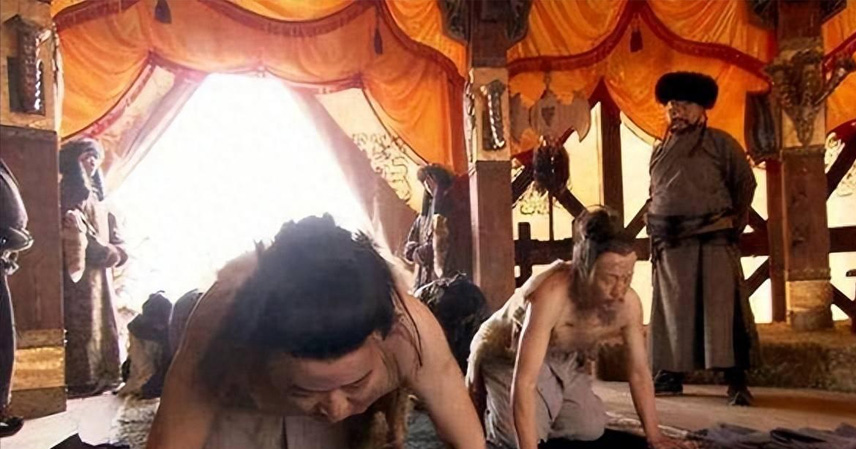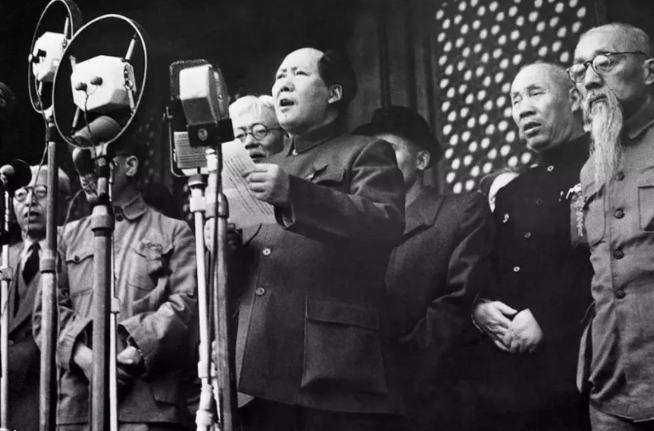The Fall of the Northern Song
In 1127, the Northern Song Dynasty fell. Jin forces captured the capital, Bianjing, and took the emperor, imperial family, and palace women as prisoners—a catastrophe later recorded in history as the Jingkang Incident.
Yet, beyond the collapse of the state, a particularly harrowing episode unfolded during the northward march of the captives: the “Tuo Yang” (牵羊) ritual. What was presented as a ceremonial submission was, in reality, a calculated display of humiliation.
A Ritual of Humiliation
The Jin dynasty organized this so-called ritual at ancestral temples. Prisoners, from the emperor to palace women, were stripped bare from the waist up, draped in half sheep hides, and led on leashes—like livestock.

While men endured the public shame, women bore the double burden of physical and spiritual violation. Many chose death over dishonor, embracing self-destruction as the only means to preserve their dignity.
The Plight of Women: Honor Above Life
For elite women in Song society, honor and chastity were paramount. Loss of personal freedom was only part of the trauma; the real tragedy lay in the potential loss of virtue, which defined their social and familial value.
Historical records indicate numerous women, including empresses and palace attendants, committed suicide following the ritual. For instance, Empress Zhu attempted drowning, later resorted to starvation, dying at only 27—a silent yet resolute act of resistance.
Estimates suggest nearly half of the captured women perished during the northward journey. In a society deeply influenced by Confucian orthodoxy, preserving chastity was seen as a moral imperative, sometimes deemed more critical than survival itself.

Men and Women: A Stark Contrast
Male captives, including Emperor Huizong and Emperor Qinzong, survived. Social expectations of men emphasized resilience and responsibility; even in captivity, they were considered useful for political leverage, negotiation, or eventual restoration.
Women, however, were stripped of agency and became war spoils. Their fates were largely dictated by male authority, their names often unrecorded, their dignity subjected to ritualized degradation.
This gendered disparity highlights the cruel intersection of warfare and feudal norms: in captivity, men endured, women resisted through death.
Lessons and Reflections
The “Tuo Yang” ritual is a stark reminder of the entwined brutality of war and social ideology. It was both a tool of conquest and a mirror reflecting the rigid constraints placed upon women in feudal China.

Even a millennium later, the echoes remain. In 2021, the depiction of Yue Fei in the game Jiangnan Hundred Scenes caused controversy due to its representation of the ritual, showing that historical sensitivities and national dignity persist in modern memory.
These women were not weak; they were silent yet determined resistors of an oppressive system. The lesson is timeless: dignity cannot be compromised, and history’s pain demands reflection, not dismissal.



